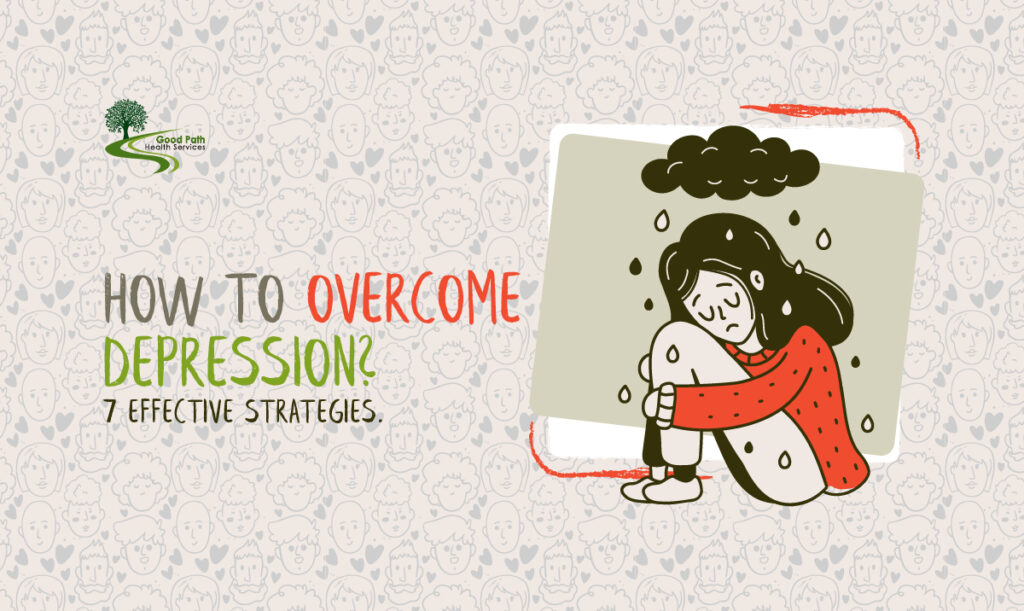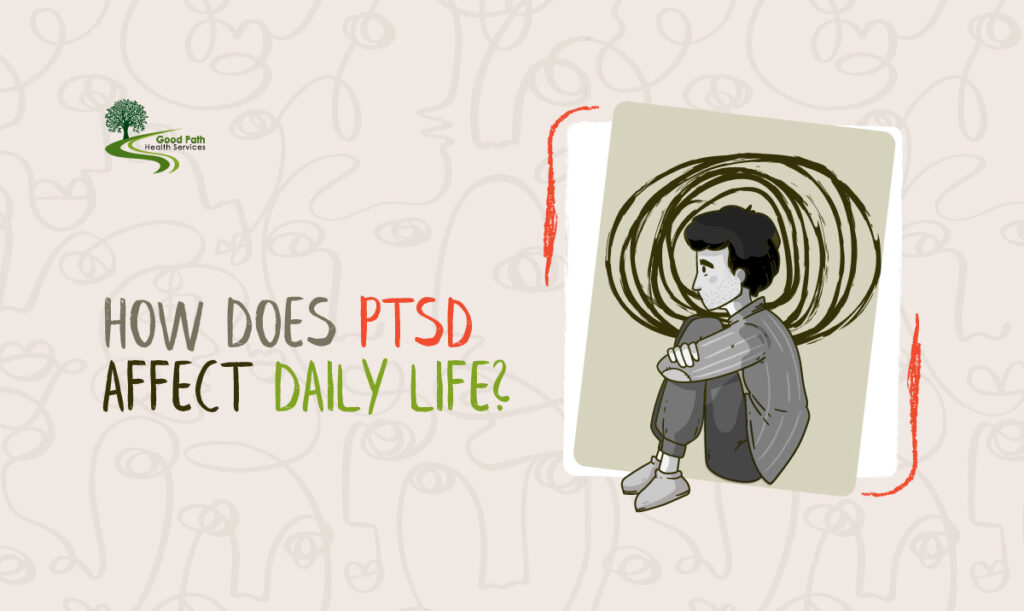
The word “troponin” usually pops up in discussions about heart health.
This protein, found in your heart muscles, helps with muscle contractions. Apart from that, troponin also helps doctors detect heart attacks.
But, can anxiety, something seemingly separate from your physical heart, lead to higher than normal troponin levels?
Let’s explore this interesting blend of the mind and body aspect of health.
Troponin and Its Importance
Before linking anxiety and troponin, we need a basic understanding of what troponin is and its importance.
Troponin isn’t just in your body for no reason. It’s drawn to calcium ions – those are important for making muscles contract.
If there’s heart damage during a heart attack, troponin is released into your blood.
Doctors look for a higher amount of this when they think there might be heart damage.
The Connection Between Anxiety and Heart Health
The Stress Response
Feeling anxious isn’t simple. It’s an involved response that involves your whole body – your heart included.
When you are anxious, your body goes on high alert.
Stress hormones like adrenaline and cortisol surge through the body. This response, known as “fight or flight,” makes your heart beat faster and elevates your blood pressure.
It prepares your body for what it perceives as danger.
How Anxiety Affects the Heart
For a healthy heart, these changes should be fine for a while.
But, constant worry could cause unending high blood pressure and a quicker heart rhythm, thus causing ongoing strain on the heart.
Gradually, this may lead to assorted heart issues.
But we’re left with a major query: Can this stress reaction result in higher troponin levels?
Can Anxiety Cause Elevated Troponin?
So, can anxiety raise troponin levels?
Research has shown that severe stress and anxiety can lead to situations where troponin levels are elevated.
Often, they call this stress cardiomyopathy or “broken heart syndrome.”
It strikes when intense stress dampens the heart’s strength briefly. The heart, weak, acts as if having a heart attack, even showing higher troponin levels.
Understanding the Mechanism
Researchers are still investigating the precise method, yet they think that a flood of stress hormones are really significant.
These hormones may cause coronary artery spasms and brief changes in the heart muscle’s structure and function.
Intense anxiety or stress could lead to these changes, causing troponin to enter the bloodstream, mimicking the reaction seen with real heart damage.
What Does This Mean for You?
When you’re tackling anxiety, especially when its intense or long-lasting, it’s important to note its possible effect on your heart.
Not all those with anxiety go through spiked troponin levels, but people dealing with high stress or continuous anxiety episodes could face a risk.
Managing Anxiety for Heart Health
Managing anxiety isn’t just about calming your mind; it’s also about protecting your heart.
Changes in day-to-day habits, therapeutic approaches, and possibly medication may aid in reigning anxiety in and curbing its impact on heart health.
- Lifestyle Changes: Regular physical movement, balanced eating, and ample rest can lessen anxiety’s hold.
- Therapy: Strategies like cognitive-behavioral therapy (CBT) and other counseling avenues equip you with practical ways to cope with anxiety.
- Medication: At times, medical professionals could suggest medications to control symptoms of anxiety.
Related Reads:
- Generalized Anxiety Disorder Symptoms and Treatment
- How Many Types of Anxiety Disorders Are There?
- Does Anxiety Cause High Blood Pressure?
Conclusion
To sum up, the close link between intense stress, anxiety, and raised troponin levels highlights how deeply mental health can influence physical wellness.
This relationship emphasizes how crucial it is to handle stress and find proper care for both mind and heart health.
Be it changes in living habits, counseling, or medication, useful coping methods are critical for sustaining heart health and overall life quality.
It’s essential for those grappling with high stress or anxiety, especially if it comes with signs of heart issues, to seek advice from medical experts.
If you have worries about your stress levels, anxiety, or heart health, don’t hesitate to get help.
Next Steps
If you’re ready to manage anxiety, we’re here to help at Good Path Health Services.
Making an appointment at Good Path Health Services can help you get healthier and more balanced.
Our expert team will work with you to create a customized treatment plan that will effectively manage your concerns.
Let us help you ensure that both your mental and physical health are in the best possible condition.
FAQs
Can anxiety cause troponin levels to rise?
Anxiety and stress can cause elevated troponin levels, causing heart muscle damage or stress.
Is it possible to have elevated troponin without chest pain?
Indeed, troponin levels might rise, even without the typical chest pain symptom. This can particularly happen in scenarios like stress cardiomyopathy.
What anxiety medication can you take with Suboxone?
Make sure to speak with a health expert about secure medicine choices. Mixing anxiety drugs with Suboxone needs thought and caution to steer clear of harmful side effects.
What are 7 signs of high functioning anxiety?
- Constant overthinking and worry
- Perfectionism and fear of failure
- Difficulty saying “no”
- Procrastination followed by intense bursts of activity
- Difficulty in relaxing and letting go
- Physical symptoms like insomnia or muscle tension
- Overachieving or always keeping busy



